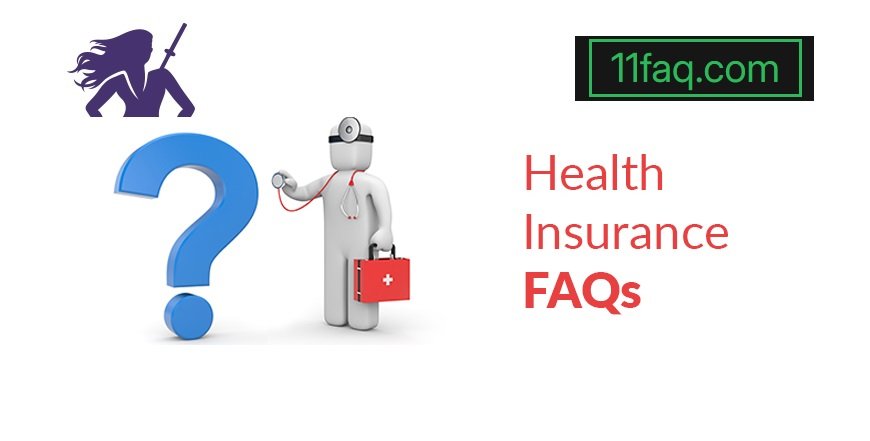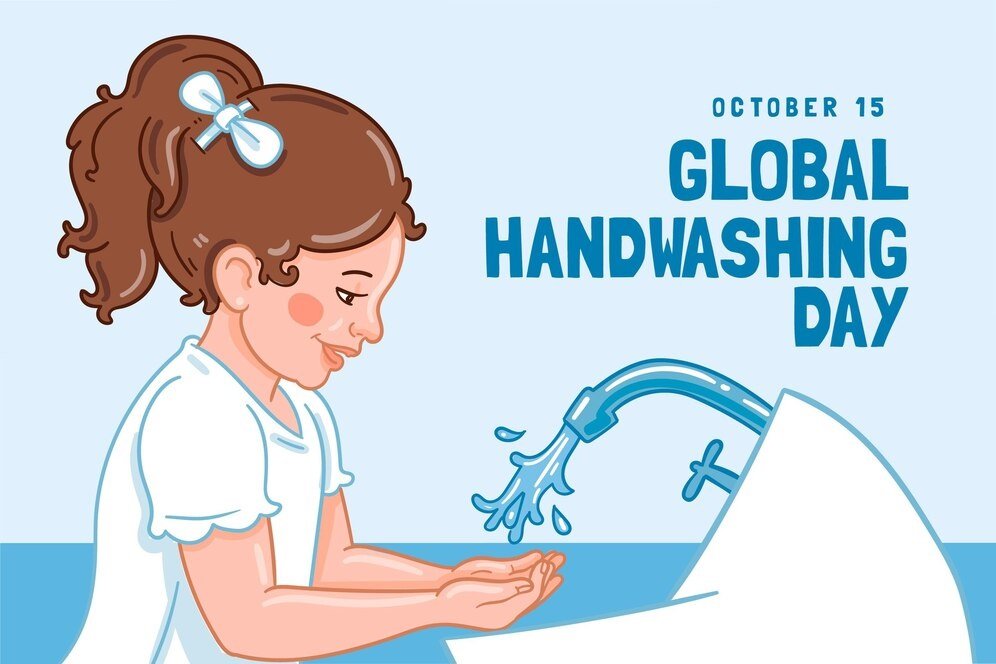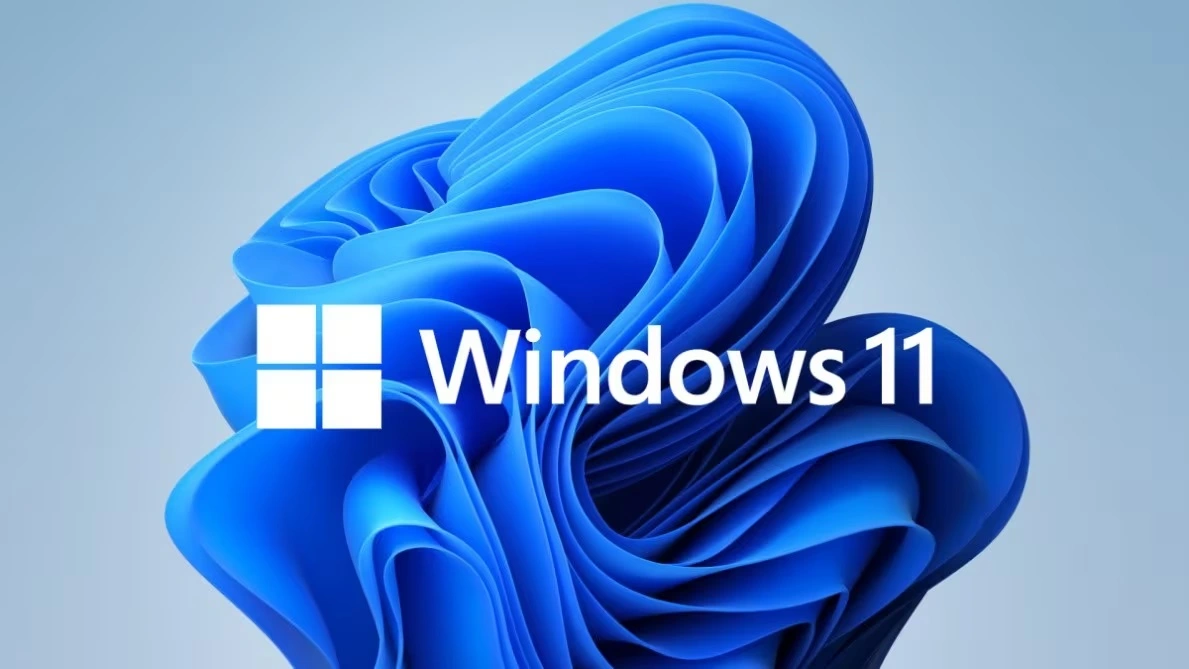Health insurance is an essential aspect of managing your health and financial well-being. With so many options and terms to navigate, it’s easy to feel overwhelmed when choosing the right plan. Below, we’ve compiled 11 frequently asked questions about health insurance to help you make informed decisions about your coverage.
1. What Is Health Insurance and Why Do I Need It?
Health insurance is a contract between you and an insurance company. You pay a premium, and in return, the insurance company agrees to cover a portion of your medical expenses. Without health insurance, medical costs can become unmanageable, particularly for unexpected emergencies, chronic conditions, or long-term treatments.
A health insurance plan helps mitigate these costs by covering various medical services such as doctor visits, hospitalization, prescription drugs, and preventive care. It ensures that individuals have access to necessary health care services without suffering significant financial burdens.
2. What Are the Different Types of Health Insurance Plans?
There are several types of health insurance plans available, each tailored to different needs:
- Health Maintenance Organization (HMO): Offers a network of doctors and hospitals. You must select a primary care physician (PCP), and you need a referral from your PCP to see specialists.
- Preferred Provider Organization (PPO): You can see any healthcare provider, but you pay less if you use doctors within the insurance company’s network.
- Exclusive Provider Organization (EPO): Like PPOs, but you’re not covered for out-of-network care except in emergencies.
- Point of Service (POS): A combination of HMO and PPO features. Referrals are needed to see specialists, but you can also seek out-of-network care at a higher cost.
Each type of plan comes with its benefits and limitations, so understanding the differences will help you pick a plan that fits your medical needs and budget.
3. What Are Premiums, Deductibles, Co-pays, and Coinsurance?
Understanding the basic cost structure of health insurance is crucial:
- Premiums: The amount you pay each month for your health insurance plan.
- Deductibles: The amount you must pay out of pocket before your insurance begins to cover certain services.
- Co-pays: A fixed amount you pay for specific services (e.g., doctor visits, prescriptions).
- Coinsurance: After meeting your deductible, coinsurance is the percentage of costs you pay for covered services.
For example, if you have 20% coinsurance, you will pay 20% of the cost for medical services, while your insurance covers the other 80%. Understanding how these terms relate to each other helps in selecting a plan that aligns with your financial situation.
4. What Is an Out-of-Pocket Maximum?
The out-of-pocket maximum is the most you will have to pay for covered services in a policy period, typically one year. After you reach this limit, your insurance plan will pay 100% of covered health care costs. The out-of-pocket maximum includes deductibles, co-pays, and coinsurance, but not your monthly premium.
Choosing a plan with a lower out-of-pocket maximum ensures that in the case of a serious illness or injury, you will not face catastrophic medical bills.
5. How Do I Choose the Right Health Insurance Plan?
When choosing a health insurance plan, consider these factors:
- Medical Needs: If you have chronic conditions or take regular medications, look for plans that cover your specific treatments or drugs.
- Budget: Compare premiums, deductibles, co-pays, and out-of-pocket maximums to find a plan that fits your financial situation.
- Network Providers: Ensure your preferred doctors and hospitals are included in the plan’s network.
- Plan Type: Decide whether you prefer the structure of an HMO, PPO, EPO, or POS plan.
Balancing cost and coverage is key to finding the right health insurance plan.
6. Can I Get Health Insurance if I Have a Pre-existing Condition?
Under the Affordable Care Act (ACA), insurance companies are prohibited from denying coverage or charging higher premiums to individuals with pre-existing conditions. This is a significant benefit, as it ensures that people with chronic illnesses, such as diabetes or heart disease, can obtain the necessary health care without worrying about high costs or denied coverage.
7. What Is the Open Enrollment Period?
The Open Enrollment Period is a set time each year when you can sign up for or change your health insurance plan. If you miss this period, you will typically have to wait until the next year’s enrollment, unless you qualify for a Special Enrollment Period due to life events like:
- Marriage
- Divorce
- Birth of a child
- Loss of previous health coverage
Missing the open enrollment period can leave you without insurance, so it’s crucial to stay informed about these dates.
8. What Is Short-Term Health Insurance?
Short-term health insurance is a temporary plan that provides coverage for a limited period, typically up to 12 months. These plans are designed for people who are:
- Between jobs
- Waiting for other coverage to start
- In need of immediate coverage for a short period
However, short-term plans may not cover essential health benefits such as maternity care or mental health services, and they are not compliant with the ACA’s requirements.
9. Are Preventive Services Covered by Health Insurance?
Yes, under the ACA, preventive services like vaccinations, screenings (e.g., mammograms), and annual check-ups are covered at no additional cost to you. These services are intended to catch health issues early when they are easier and less costly to treat. It is vital to take advantage of these preventive measures as they promote long-term health and well-being.
10. How Does Health Insurance Work for Prescription Drugs?
Most health insurance plans offer prescription drug coverage, but the extent of coverage varies:
- Plans often use a tiered system, where generic drugs are cheaper, and brand-name or specialty drugs cost more.
- Some plans may require you to get prior authorization before covering expensive drugs.
- Mail-order services can help save costs on long-term prescriptions.
Be sure to check the formulary (list of covered drugs) when selecting a health insurance plan to ensure your necessary medications are covered.
11. What Happens If I Don’t Have Health Insurance?
If you don’t have health insurance, you are responsible for covering 100% of your medical expenses, which can quickly become overwhelming in the case of an emergency or serious illness. Although the individual mandate requiring coverage under the ACA is no longer enforced with a tax penalty, not having insurance is still a financial risk.
If cost is a concern, look for subsidies or Medicaid options that may be available based on your income.










